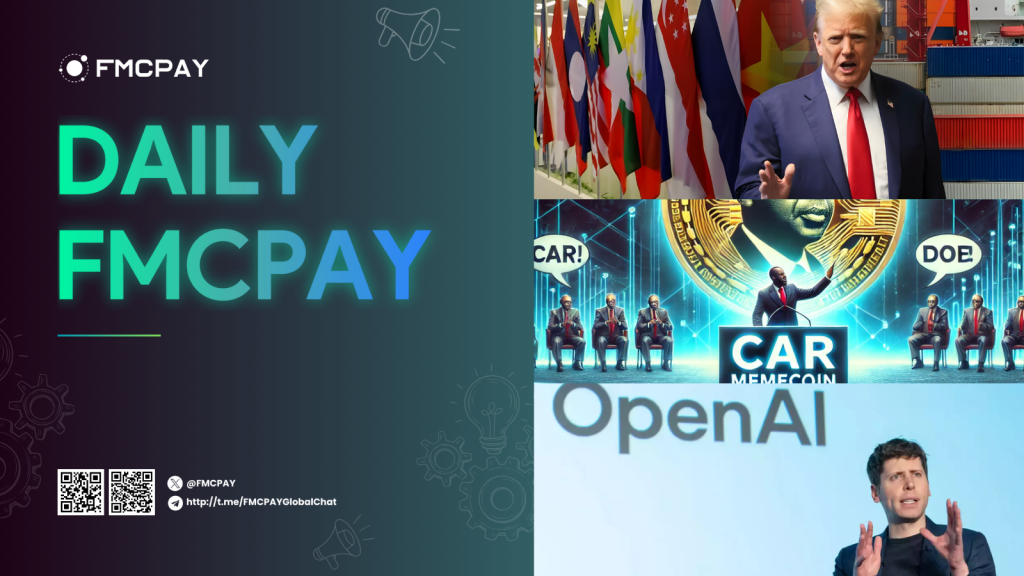Trump announces new tariffs on steel and aluminum
President Donald Trump has imposed a 25% tariff on imported steel and aluminum, strengthening his protectionist trade policies. While Canada and Mexico received temporary exemptions, the tariffs raise concerns over global trade, financial markets, and economic stability.
Trump plans to hold a press conference on Feb 11 or 12 to announce retaliatory tariffs against nations with trade barriers against the U.S. He did not specify which countries would be affected but stressed the need for “fair treatment” and budgetary improvements.
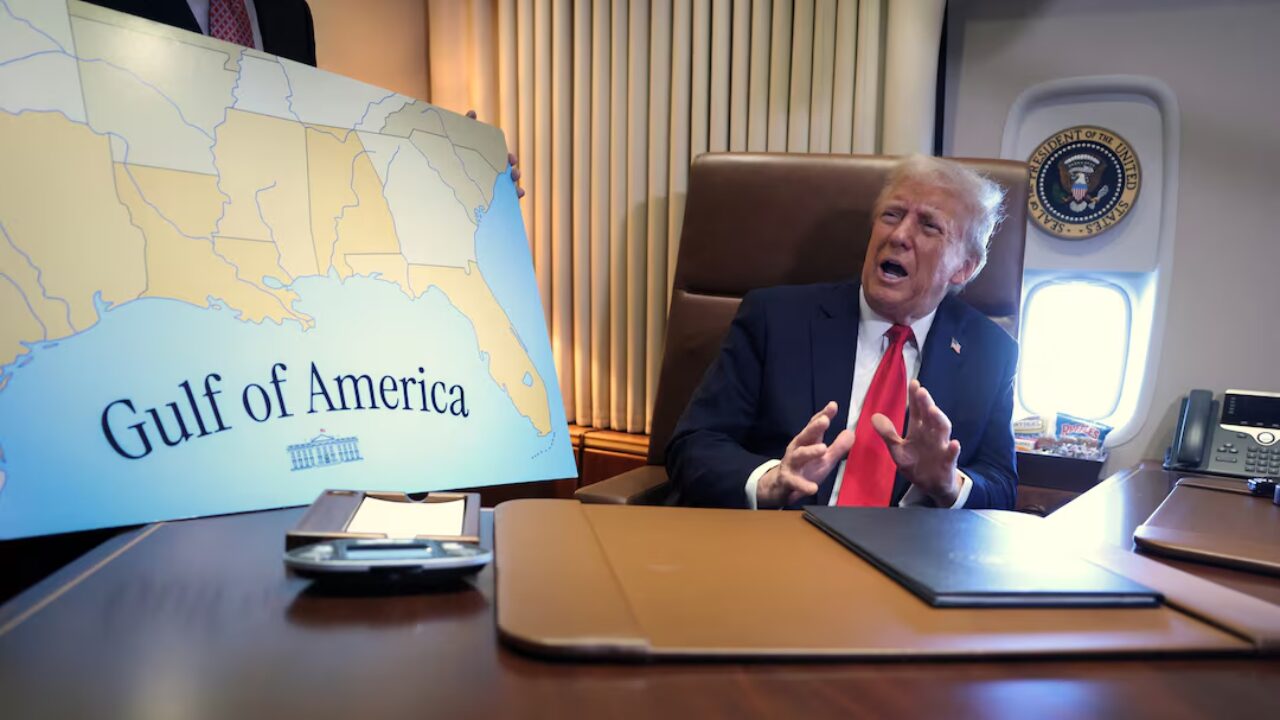
China has retaliated with tariffs up to 15% on $14 billion worth of U.S. exports. Affected goods include LNG, coal, crude oil, agricultural equipment, and vehicles. The move escalates U.S.-China trade tensions, pressuring stocks and cryptocurrencies.
Crypto markets hit hard
Following Trump’s announcement, the cryptocurrency market experienced a sharp decline. Bitcoin (BTC) dropped 1.66% in the past 24 hours, trading around $95,000, while Ethereum (ETH) fell 3.6% to $2,550. The total crypto market capitalization slid by 2.7% overnight before showing signs of recovery.
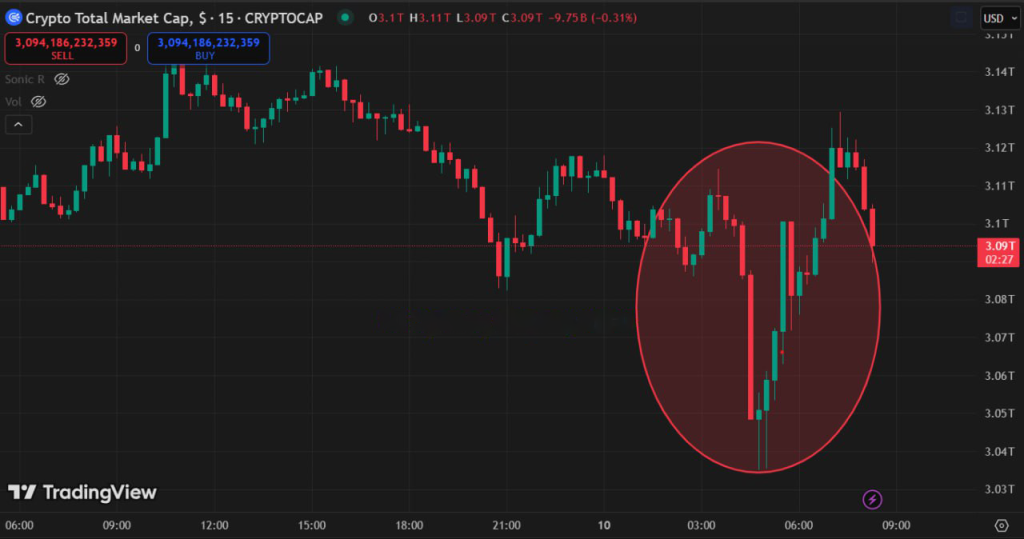
Memecoins on the Solana network were hit the hardest, plunging 10% in a day. Tokens like Bonk, Dogwifhat, and Gigachad saw significant losses, reflecting broader market uncertainty.
Trump’s record-breaking executive orders
In just two and a half weeks since taking office, Trump has signed 54 executive orders, surpassing any president’s record in their first 100 days. In comparison, former President Joe Biden signed 42 orders over the same period in his first term.
Trump has also set another record by overturning 91 executive orders from the Biden administration, the highest number of reversals since President Roosevelt.
Conclusion
Trump’s aggressive trade policies are already causing significant market volatility, with the crypto sector among the hardest hit. The 25% tariff on steel and aluminum, coupled with plans for further retaliatory tariffs, signals that his administration is committed to a protectionist approach despite global economic implications.
Furthermore, his unprecedented number of executive orders and swift reversal of Biden-era policies highlight the rapid and unpredictable shifts in U.S. governance under his leadership.
Central African Republic President introduces CAR Memecoin, sparking doubts
CAR Memecoin unveiled by Central African Republic President
In a surprising move, the President of the Central African Republic (CAR), Faustin-Archange Touadéra, announced the launch of the country’s official memecoin, CAR, on social media platform X (formerly Twitter) in the early hours of February 10, 2025.
Touadéra described CAR as an experiment to demonstrate how meme culture can unite people, promote blockchain adoption, and bring global attention to the country in an unexpected way.
The memecoin was launched on Solana’s pump.fun platform with a total supply of 1 billion tokens. Its tokenomics are structured as follows:
- 9.3% allocated to the initial community
- 20.7% reserved for liquidity
- 35% dedicated to the national development fund
- 10% for charity
- 25% held by the development team
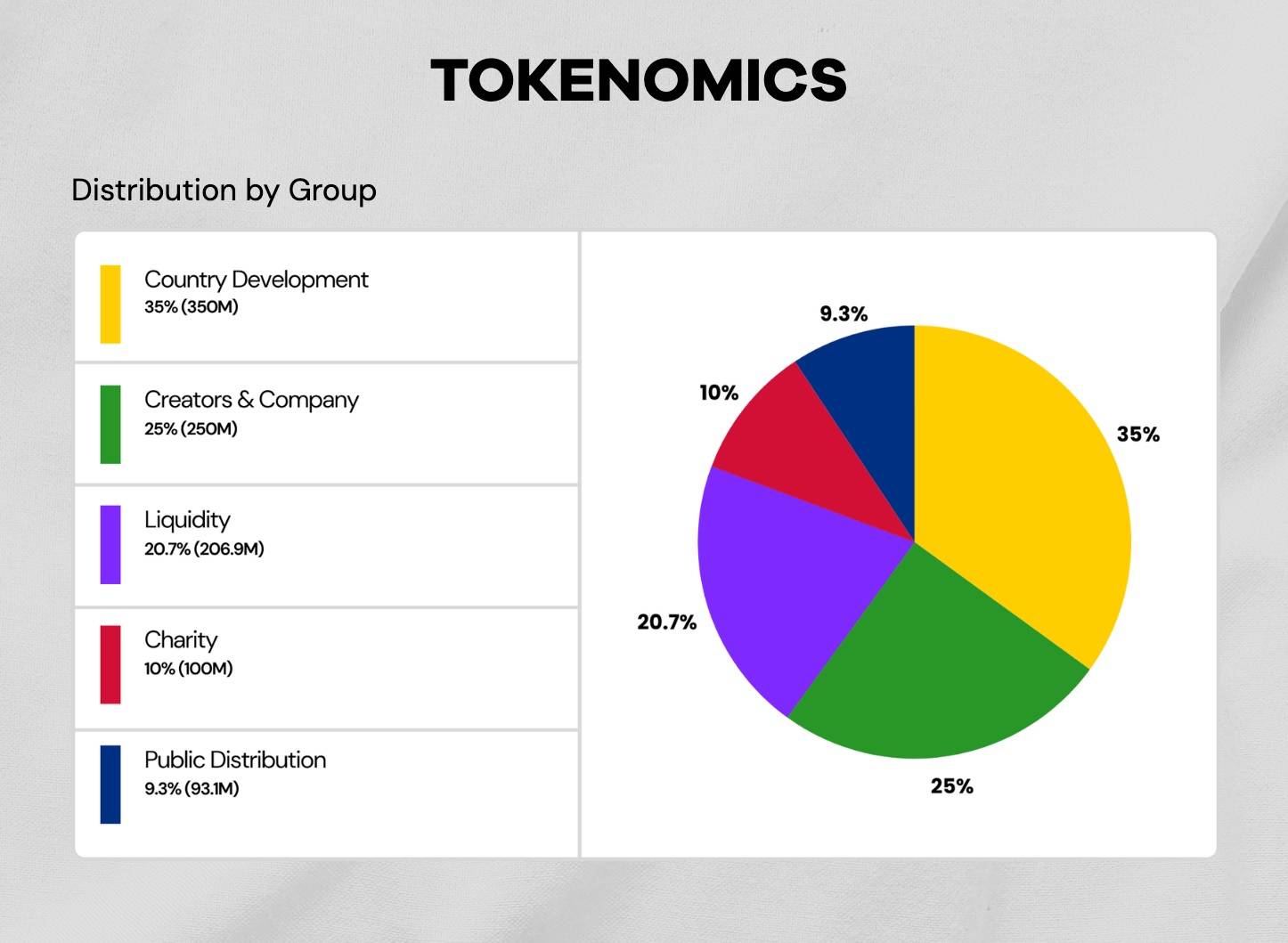
Community skepticism
Despite the excitement, the launch has raised skepticism within the crypto community due to several concerns:
- Unusual launch timing: The announcement was made at midnight in CAR’s time zone.
- Project’s social media and website inaccessible: Raising doubts about transparency.

- Language inconsistency: Touadéra, who usually communicates in French, shifted to English for this announcement.
- Deepfake concerns: Some believe the President’s video announcement could be AI-generated.
Touadéra has since reassured the community, stating that he is working with X to restore the project’s account.
We are working with @X to get @CARMeme_News back as soon as possible.
Meanwhile, the token supply has been securely locked through @streamflow_fi, according to the distribution plan, emission groups, and release schedule detailed on our website.
— Faustin-Archange Touadéra (@FA_Touadera) February 9, 2025
CAR reaches $1 billion market cap in hours
Despite doubts, CAR saw an explosive surge in value. Within just a few hours of launch, its market capitalization reached $1 billion before a slight correction. If CAR reaches $2.5 per token, its market cap would equal the country’s entire GDP in 2023, estimated at $2.55 billion.
A new Crypto strategy for CAR?
The Central African Republic has previously embraced crypto, launching the Sango Project and its token, though it ultimately failed. In 2022, it became the second country after El Salvador to adopt Bitcoin as legal tender but later reversed this decision.
If CAR is indeed an official state-backed memecoin, it joins TRUMP and MELANIA, the two political memecoins launched by U.S. President Donald Trump in January 2025. This raises the question: Is CAR just a short-lived trend, or does it mark a new blockchain strategy for the Central African Republic?
OpenAI CEO: AI Operational Costs Drop Tenfold Annually
AI costs dropping at an unprecedented rate
The cost of artificial intelligence is plummeting, and according to OpenAI CEO Sam Altman, this could lead to significantly lower prices for everyday goods while making luxury items even more expensive.
In a blog post on February 9, Altman stated that the cost of using a given level of AI is decreasing ten-fold every 12 months. He highlighted how OpenAI’s GPT-4 model, introduced in early 2023, saw a 150-fold cost reduction by the release of GPT-4o in mid-2024.
AI progress outpacing Moore’s Law
This rate of progress far surpasses Moore’s Law, which predicts that the number of transistors in an integrated circuit doubles every two years, leading to lower costs and higher efficiency. “AI may turn out to be like the transistor economically—spreading into almost every industry,” Altman noted.
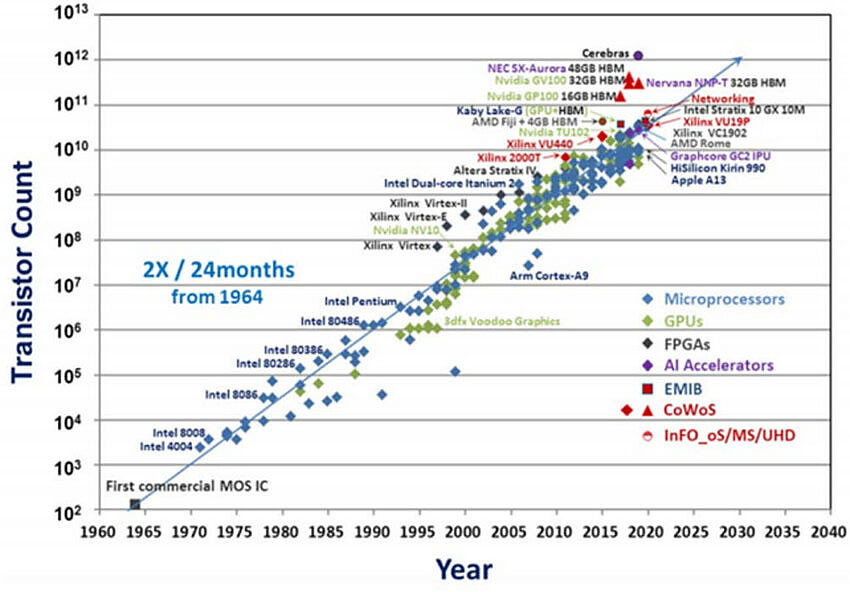
Luxury goods may become even more expensive
While he predicts a dramatic drop in the price of many goods, Altman warned that luxury items and scarce resources like land may become even more expensive due to their inherent supply limitations.
Ensuring AI benefits everyone
To ensure AI’s benefits reach everyone, Altman proposed innovative ideas such as providing compute budgets, enabling universal AI access. He envisions a future where by 2035, every individual will have access to intelligence equivalent to the combined knowledge of humanity in 2025.
AI price war disrupts markets
The AI price war has already shaken markets. In January, the release of DeepSeek, a low-cost AI model from China, caused stock drops for U.S. firms like Nvidia. Meanwhile, Chinese automakers and tech giants are rapidly integrating DeepSeek into their products, signaling an AI revolution.

